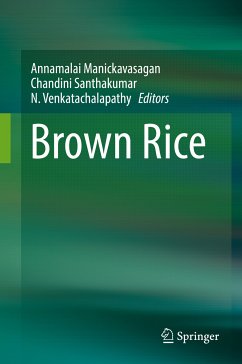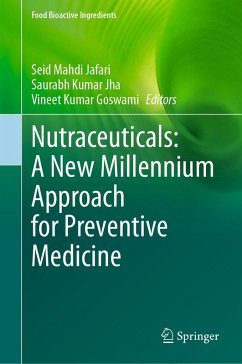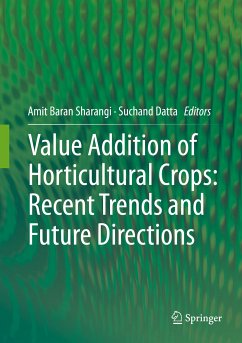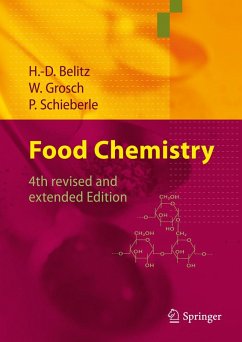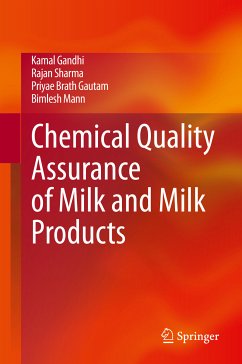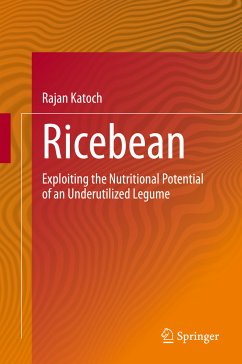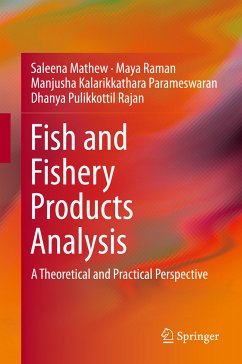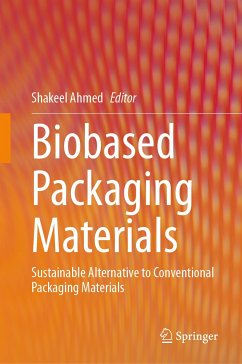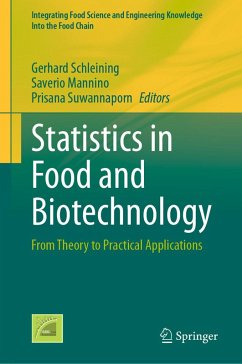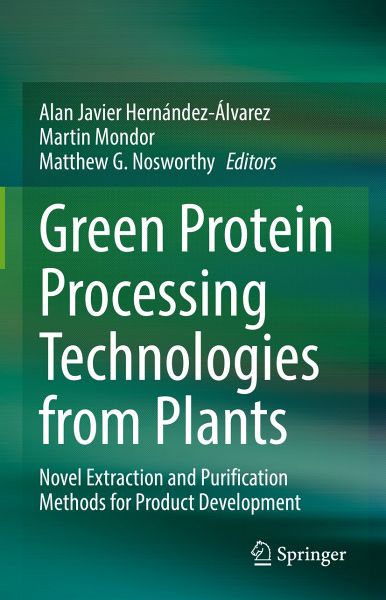
Green Protein Processing Technologies from Plants (eBook, PDF)
Novel Extraction and Purification Methods for Product Development
Redaktion: Hernández-Álvarez, Alan Javier; Nosworthy, Matthew G.; Mondor, Martin
Versandkostenfrei!
Sofort per Download lieferbar
136,95 €
inkl. MwSt.
Weitere Ausgaben:

PAYBACK Punkte
68 °P sammeln!
This edited book provides the first comprehensive overview on conventional and emerging processing technologies for the extraction and purification of proteins and/or peptides from plant sources with a special focus on subsequent product development.The book opens with an introduction to the most conventional processing technologies used in industry today: the alkaline extraction followed by isoelectric precipitation, and air classification. The book also focusses on novel extraction and purification technologies, covering the most recent green emerging technologies based on enzymatic processe...
This edited book provides the first comprehensive overview on conventional and emerging processing technologies for the extraction and purification of proteins and/or peptides from plant sources with a special focus on subsequent product development.
The book opens with an introduction to the most conventional processing technologies used in industry today: the alkaline extraction followed by isoelectric precipitation, and air classification. The book also focusses on novel extraction and purification technologies, covering the most recent green emerging technologies based on enzymatic processes, solvents, high-pressure processing, barometric membrane technologies, and microwave-assisted extraction, among others. The final chapters bridge the gap between the presented methods and product development and highlight how these technologies can alter protein functionality and nutritional quality of the extracted protein, and thereby, impact human health.
In the context of rising consumer interest in foods from plant-protein ingredients and the United Nations targets for Sustainable Development Goal 12 on 'Responsible Consumption and Production', this book will provide an indispensable resource for students, engineers and researchers in academia and industry, working in the area of food science, food technology and plant-based product development.
The book opens with an introduction to the most conventional processing technologies used in industry today: the alkaline extraction followed by isoelectric precipitation, and air classification. The book also focusses on novel extraction and purification technologies, covering the most recent green emerging technologies based on enzymatic processes, solvents, high-pressure processing, barometric membrane technologies, and microwave-assisted extraction, among others. The final chapters bridge the gap between the presented methods and product development and highlight how these technologies can alter protein functionality and nutritional quality of the extracted protein, and thereby, impact human health.
In the context of rising consumer interest in foods from plant-protein ingredients and the United Nations targets for Sustainable Development Goal 12 on 'Responsible Consumption and Production', this book will provide an indispensable resource for students, engineers and researchers in academia and industry, working in the area of food science, food technology and plant-based product development.
Dieser Download kann aus rechtlichen Gründen nur mit Rechnungsadresse in A, B, BG, CY, CZ, D, DK, EW, E, FIN, F, GR, HR, H, IRL, I, LT, L, LR, M, NL, PL, P, R, S, SLO, SK ausgeliefert werden.



